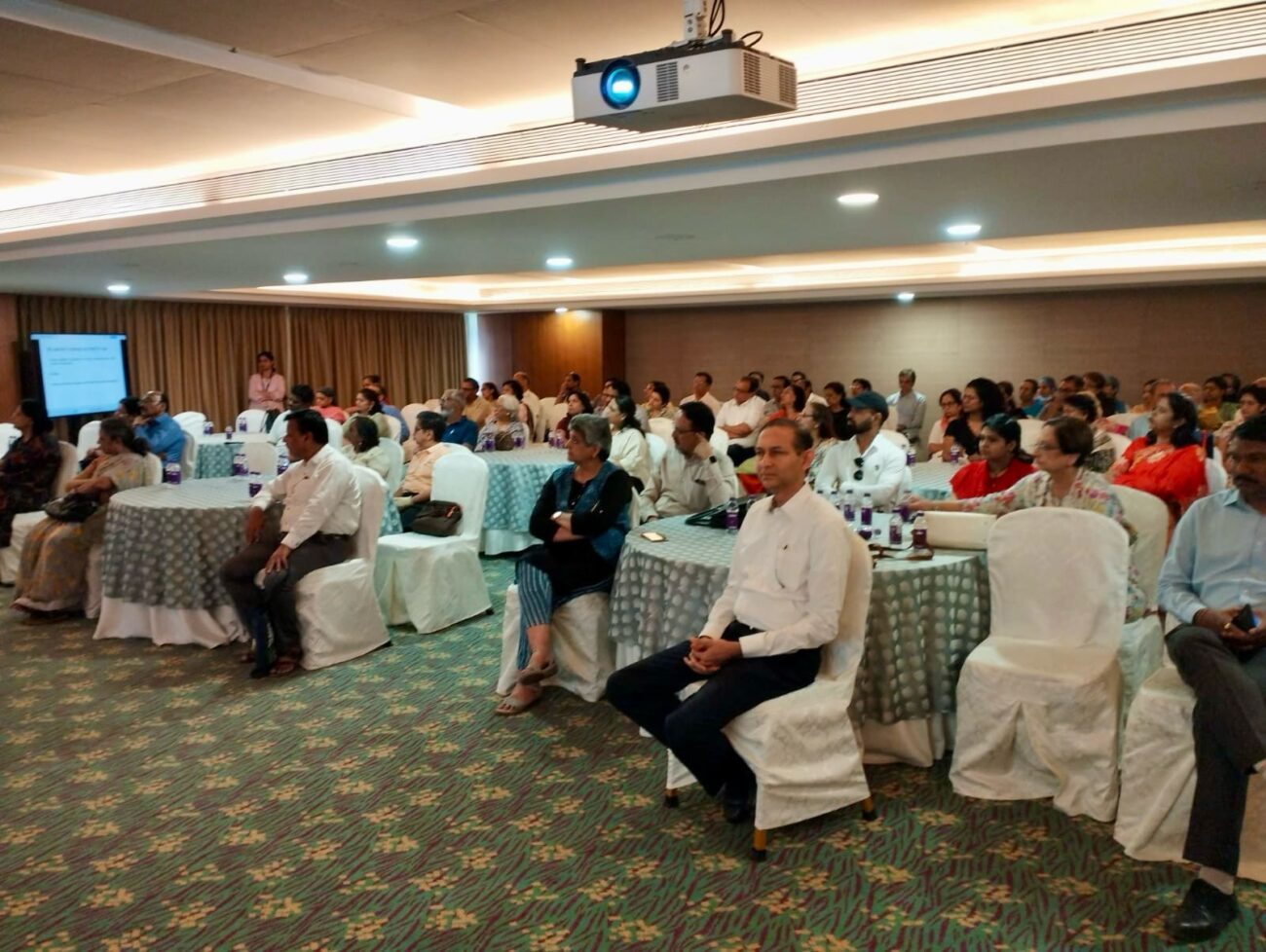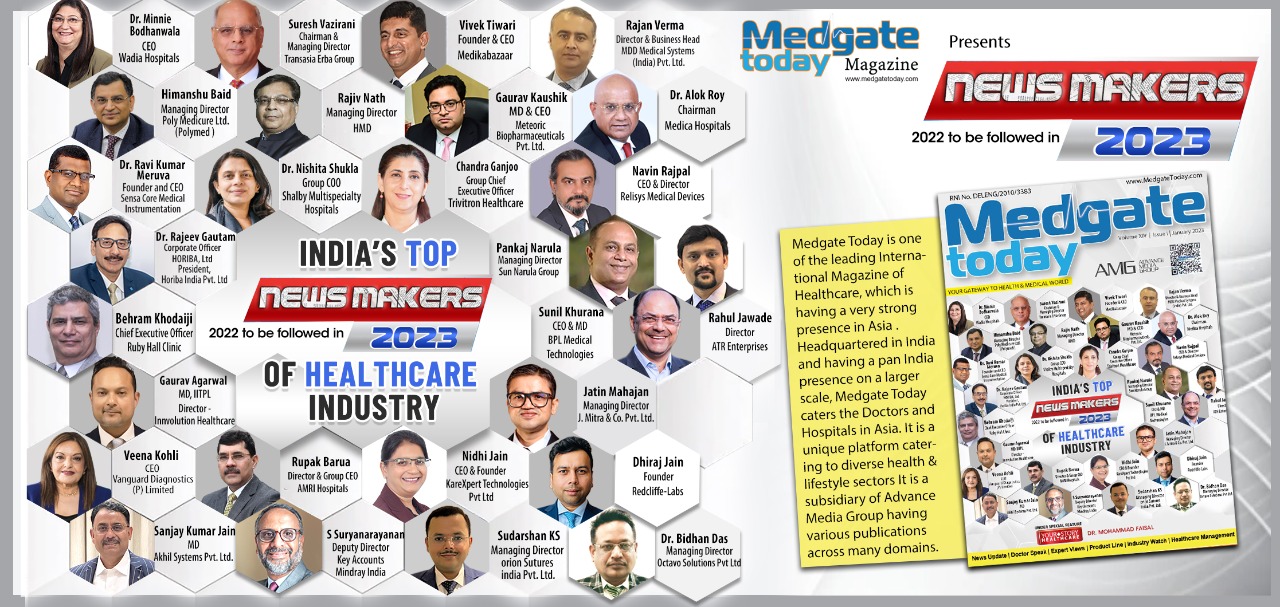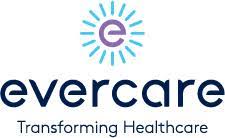Drugs alone cannot improve diabetes patients’ outcomes
Almost a century after Hoechst, one of the companies that later merged to form Sanofi, launched the first insulin product for diabetes, the French pharma giant remains committed to transforming the lives of this patient
Almost a century after Hoechst, one of the companies that later merged to form Sanofi, launched the first insulin product for diabetes, the French pharma giant remains committed to transforming the lives of this patient group, which still has many poorly-met needs in dosing and daily management of the condition.
GlobalData’s Chief Medical Writer Allie Nawrat explains: “Sanofi’s long-term commitment is to see a world without diabetes, but they acknowledge that they can’t do this with drugs alone. Innovation for the company will focus on how to combine existing drugs with technological tools to support patients with diabetes, both Type 1 and Type 2, to self-manage their condition more effectively.”
Sanofi global head of integrated care Chris Boulton tells GlobalData: “We have recently announced we are going to be less focused on bringing forward new diabetes treatments; it is tough to continue to bring transformational medicines in the space of diabetes.
“We need to come at improving glycaemic control from other directions, [such as by] bringing in tools, services and devices that support patients with time and range; this will reduce short-term and long-term complications.
“We’ve been working with start-up Biocorp, which manufactures the Mallya connected pen, and this works with our existing SolidStar pen, to give us the insulin dose recording. We also work with Abbott who are experts in continuous glucose monitoring. We can combine the Biocorp pen with data from the Abbott glucose monitors, then, if we put our in-house software in place, and combine all of that with Sanofi insulin, you get a drug-plus-ecosystem which is very focused on the patient’s and healthcare professional’s needs.
“[In the future,] artificial intelligence and machine learning will allow the software to be more predictive and make recommendations based on data. There are many companies today working on the algorithms to help predict, for example, your next insulin dose based on your previous glucose reading.
“There is clearly a lot of learning from the data overall. In the short term, this data helps the person on a daily basis to make better decisions around the management of their condition. But, in the longer term, we can start to collect real-world evidence, which provides more insights around the impact of the digital interventions, as well as the drug alone. This allows us to start to make bigger conclusions about the best way to manage diabetes.”





